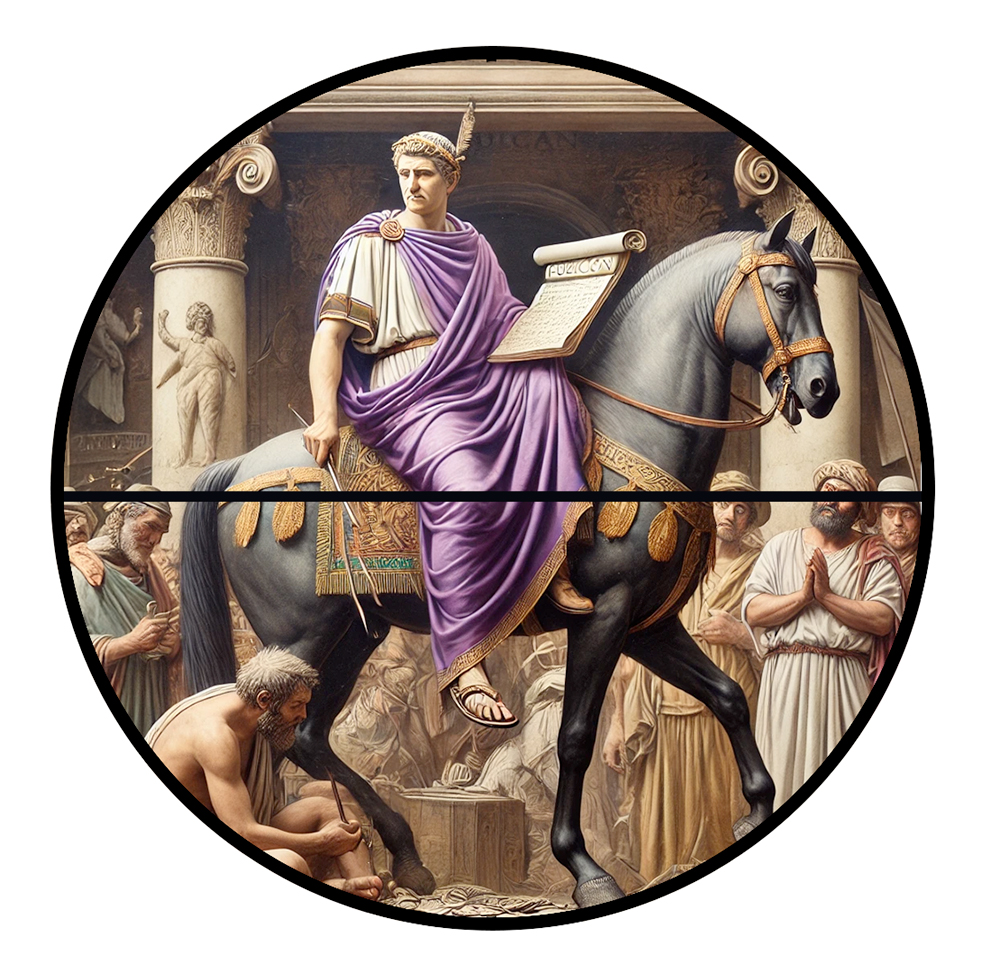 Mark 2:16
Mark 2:16

|
Strongs 2532
[list] Λογεῖον Perseus kai καὶ and Conj |
|
Strongs 3588
[list] Λογεῖον Perseus hoi οἱ the Art-NMP |
|
Strongs 1122
[list] Λογεῖον Perseus grammateis γραμματεῖς scholars N-NMP |
|
Strongs 3588
[list] Λογεῖον Perseus tōn τῶν the Art-GMP |
|
Strongs 5330
[list] Λογεῖον Perseus Pharisaiōn Φαρισαίων Separatists N-GMP |
|
Strongs 3708
[list] Λογεῖον Perseus idontes ἰδόντες those who have perceived V-APA-NMP |
|
Strongs 3754
[list] Λογεῖον Perseus hoti ὅτι because/that Conj |
|
Strongs 2068
[list] Λογεῖον Perseus esthiei ἐσθίει eats V-PIA-3S |
|
Strongs 3326
[list] Λογεῖον Perseus meta μετὰ in company with/after Prep |
|
Strongs 3588
[list] Λογεῖον Perseus tōn τῶν the Art-GMP |
|
Strongs 268
[list] Λογεῖον Perseus hamartōlōn ἁμαρτωλῶν sinners Adj-GMP |
|
Strongs 2532
[list] Λογεῖον Perseus kai καὶ and Conj |
|
Strongs 5057
[list] Λογεῖον Perseus telōnōn τελωνῶν of tax collectors N-GMP |
|
Strongs 2036
[list] Λογεῖον Perseus elegon ἔλεγον kept saying V-IIA-3P |
|
Strongs 3588
[list] Λογεῖον Perseus tois τοῖς the Art-DMP |
|
Strongs 3101
[list] Λογεῖον Perseus mathētais μαθηταῖς learners N-DMP |
|
Strongs 846
[list] Λογεῖον Perseus autou αὐτοῦ himself PPro-GM3S |
|
Strongs 3754
[list] Λογεῖον Perseus Hoti Ὅτι that Conj |
|
Strongs 3326
[list] Λογεῖον Perseus meta μετὰ in company with/after Prep |
|
Strongs 3588
[list] Λογεῖον Perseus tōn τῶν the Art-GMP |
|
Strongs 5057
[list] Λογεῖον Perseus telōnōn τελωνῶν of tax collectors N-GMP |
|
Strongs 2532
[list] Λογεῖον Perseus kai καὶ and Conj |
|
Strongs 268
[list] Λογεῖον Perseus hamartōlōn ἁμαρτωλῶν sinners Adj-GMP |
|
Strongs 2068
[list] Λογεῖον Perseus esthiei ἐσθίει eats V-PIA-3S |

Tax farmers, commonly referred to as publicans in Roman society, were often wealthy citizens of the Equestrian Order (ordo equester), originally a class of horsemen who served in the cavalry. By the late Republic and Imperial periods, their role shifted from military service to administrative and financial activities, including the lucrative but controversial practice of tax farming. These individuals leased the right to collect taxes on behalf of the state, profiting from any excess revenue beyond their contracted payment to the government. This system was prone to extortion and corruption, as publicans frequently over-collected taxes to maximize their profits, leading to widespread resentment among the general populace.
At the lower end of the hierarchy were the τελώναι (tax collectors or toll gatherers), often hired by the publicans to carry out the actual collection of taxes. These lower-class employees were despised even more than their employers, as they worked directly with the Roman authorities to extract money from their fellow citizens, often through harsh or dishonest means. In the New Testament, the term τελώνης refers to these tax collectors, who were widely regarded as sinners and social pariahs.
And the scribes and Pharisees having seen him eating with publicans and sinful, said to his disciples, Why does he eat and drink with publicans and sinful?
And the scribes and Pharisees seeing Him eating with tax collectors and sinners, they said to His disciples, Why is it that He eats and drinks with the tax collectors and sinners?
And the scribes of the Pharisees, when they saw that he was eating with sinners and tax collectors, said to his disciples, “Why does he eat with tax collectors and sinners?”